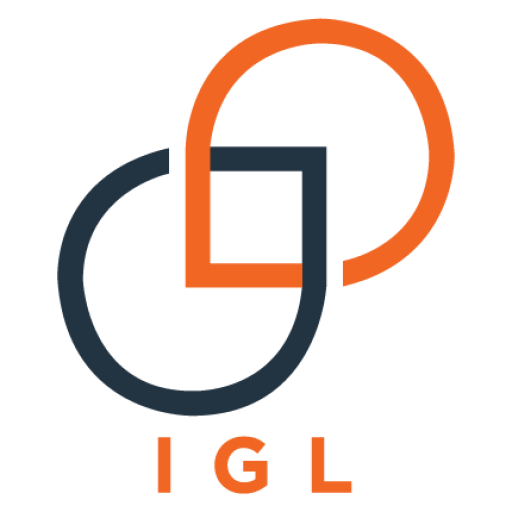
Key Grammar Concepts for Intermediate German Language Learners
September 10, 2025
Intermediate German Language Listening and Speaking Practice Tips
September 17, 2025Mastering verb conjugations is crucial in learning German language because verbs form the backbone of sentence structure. Intermediate learners encounter more complexity than beginners, including irregular strong verbs, modal verbs that influence sentence meaning, and tenses beyond the present. This blog aims to help learners navigate these challenges with clarity and confidence, especially those working with an International Educational Consultant who guides students through language and study opportunities.
Quick Recap of Beginner-Level Verb Conjugations
At the beginner level, learners focus on regular verbs in the present tense (Präsens), such as “machen” (to do/make). Some simple irregular verbs like sein (to be), haben (to have), and gehen (to go) are introduced early due to their frequent use. Correct subject-verb agreement is emphasized as a foundational skill.
Key Intermediate Conjugation Challenges
Strong (Irregular) Verbs
Strong verbs differ from regular verbs because their stem vowel changes when conjugated. For example, sehen (to see) changes to ich sehe but du siehst. Intermediate learners should focus on common strong verbs like geben (to give), nehmen (to take), and fahren (to drive), mastering their patterns for smoother communication.
Modal Verbs at Deeper Levels
Modal verbs such as dürfen (may), können (can), mögen (like), müssen (must), sollen (should), and wollen (want) alter sentence structure as they convey modality. For example, “Ich kann Deutsch sprechen” means “I can speak German language.” Their conjugation patterns vary slightly from regular verbs and understanding their impact on sentences is crucial for expressing wishes, obligations, and possibilities.
Separable and Inseparable Prefix Verbs
Some verbs have prefixes that either detach or stay attached during conjugation. Separable verbs like aufstehen (to get up) become “Ich stehe auf,” where the prefix moves to the sentence end. Inseparable verbs such as verstehen (to understand) stay intact: “Ich verstehe dich.” Both present and past tense conjugations follow these rules and appear frequently in conversations.
Intermediate Tenses and Their Conjugations
Simple Past (Präteritum)
Used mainly in written German language, the simple past involves regular patterns like “ich machte” (I made) and irregular patterns such as “ich ging” (I went). Learning when to use simple past helps in reading and writing narratives.
Present Perfect (Perfekt)
The present perfect combines an auxiliary verb (haben or sein) with the past participle. For example, “Ich habe gelernt” (I have learned). Choosing haben or sein depends on the verb’s motion or state characteristics. This tense is widely used in spoken German language.
Future Tense (Futur I)
Formed with werden plus the infinitive, e.g., “Ich werde kommen” (I will come), this tense expresses future actions and is common in both spoken and written German language.
Subjunctive Mood (Konjunktiv II)
The subjunctive allows expressing hypotheticals and politeness, such as “Ich würde gehen” (I would go). It softens requests or introduces unreal situations, making it an important mood for advanced communication.
Common Mistakes to Avoid
Many learners confuse haben and sein in perfect tense, miss vowel changes in strong verbs, misplace separable prefixes, or overuse würde instead of modal verbs. Being aware of these errors will improve accuracy.
Practice Strategies for Mastery
Daily writing exercises incorporating various tenses strengthen conjugation skills. Using flashcards for irregular verbs and doing speaking drills with modal and separable prefix verbs enhance recall. Apps, grammar books, and online resources recommended by overseas education consultants can provide structured practice.
Conclusion
Mastering intermediate German verb conjugations is essential for progressing toward fluency. Consistent practice, real-life application, and support from professionals like study visa consultants and International Educational Consultants can make the journey smoother. To deepen your skills, consider enrolling at IGL German Language Institute, where expert guidance ensures your path to advanced grammar and confident communication.
If you’re working with study abroad consultants in Karachi or searching for a trusted immigration consultant near me or visa consultant near me, remember that language proficiency, especially in verb conjugation, is a key component of success abroad. Let IGL German Language Institute be your partner in mastering German and achieving your international education goals.




